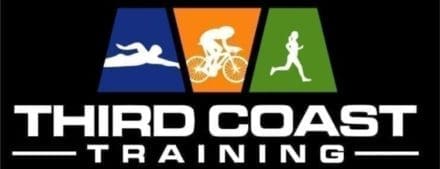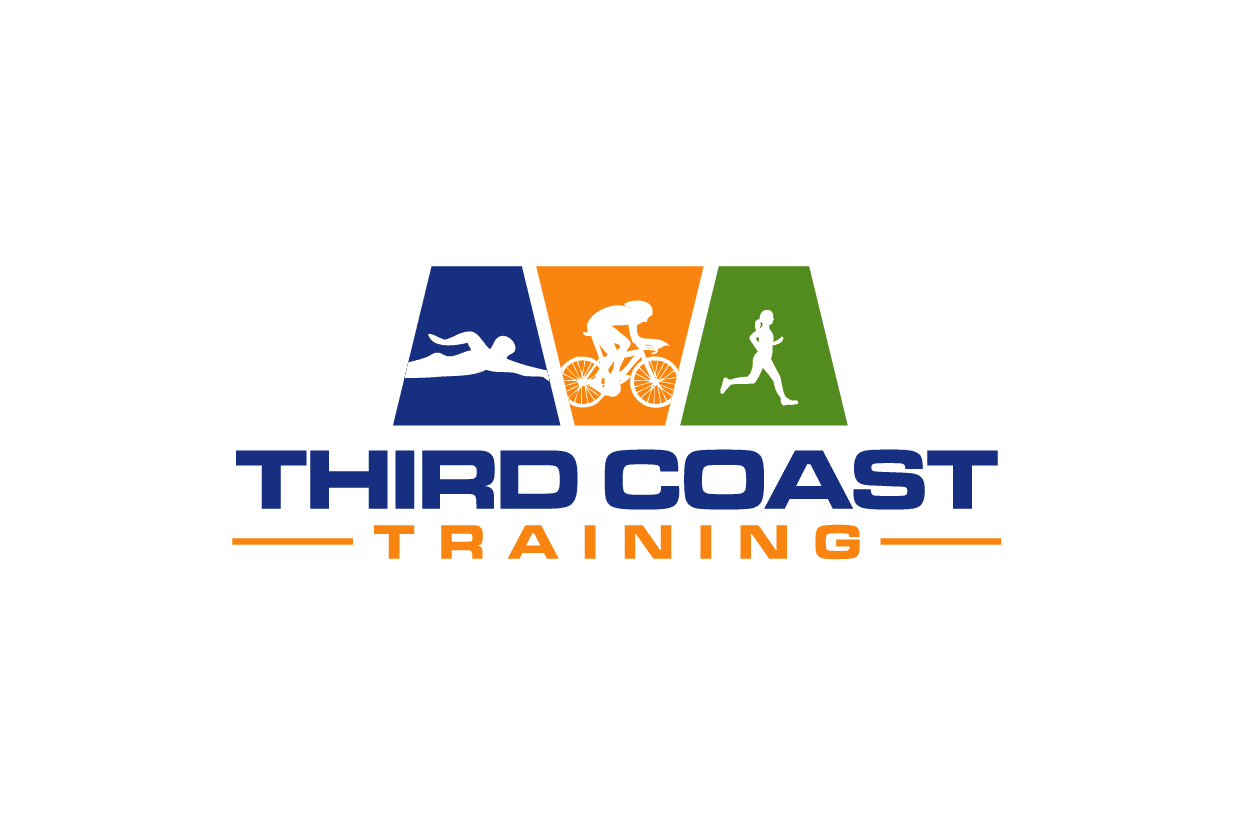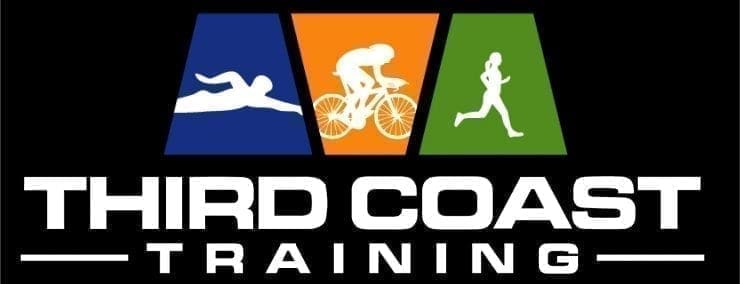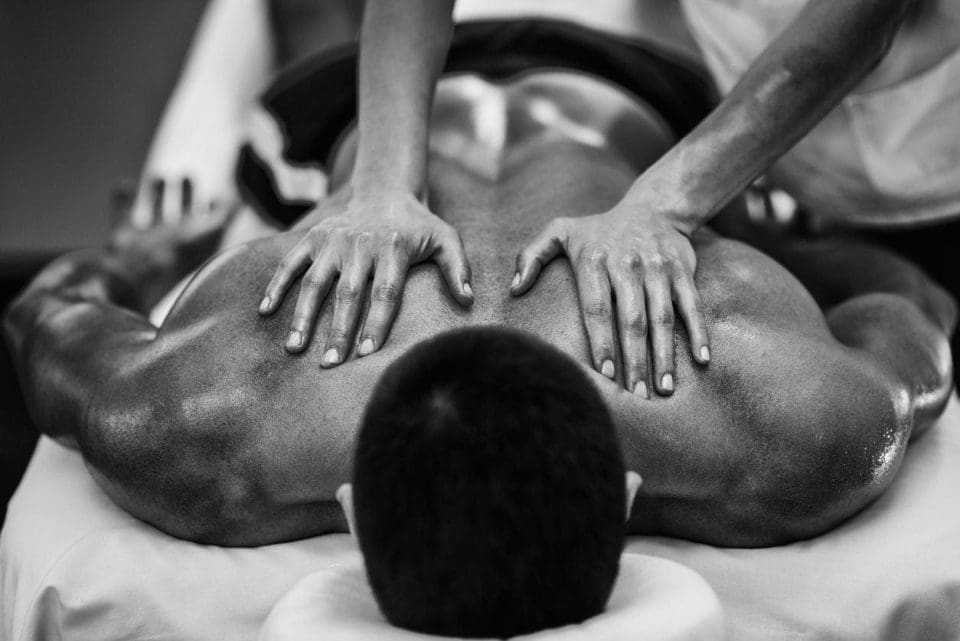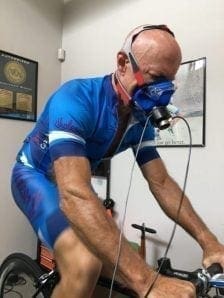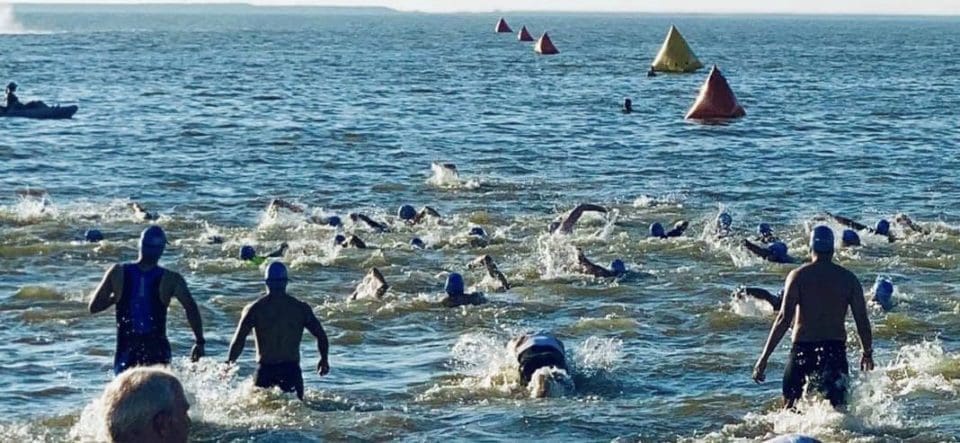
The Impact of Massage Therapy
March 19, 2024If you’re searching for “find a triathlon coach near me,” you’re likely aware of the potential benefits a coach can bring to your triathlon training. However, if you’re still on the fence, consider these top 10 reasons why hiring a coach could enhance your performance and overall triathlon experience.
1. Personalized Training Plans
One of the main reasons athletes seek a coach is for a structured, personalized training plan. A good coach will design a program that fits into your lifestyle, taking into account your strengths, weaknesses, available training time, and equipment. This structured approach can maximize your performance on race day by ensuring you’re training efficiently and effectively.
Customization to Your Life
A coach will work with you to create a plan that fits into your life. Whether you need to adjust workouts around your work schedule, family commitments, or other responsibilities, a coach will design a plan that accommodates these factors. In this way, a coach removes the stress of planning your training, freeing you up to focus on your workouts.
Focus on Your Goals
Your coach will work with you to understand your past fitness levels, your current abilities, and your future goals. They will help you set realistic, achievable targets and devise a plan to help you reach them. By understanding your personal ambitions, a coach can design workouts that will best help you meet your objectives.
2. Objective Analysis and Feedback
When you’re training on your own, it’s easy to get caught up in your own perspective and overlook certain aspects of your performance. A coach provides an objective viewpoint, analyzing your data and providing feedback to help you improve. They can identify patterns and trends in your performance that you may not see yourself, and provide insights to help you optimize your training.
Data Interpretation
The world of athletic performance data can be overwhelming. Coaches have the knowledge and experience to sift through this information and identify what’s important. They can analyze your training data, interpret the results, and provide feedback on how to improve. This includes understanding complex metrics like VO2 max, lactate threshold, and power-to-weight ratios.
Identifying Weaknesses
Coaches are skilled at identifying athletes’ weaknesses and designing training plans to address them. Whether it’s improving your swim technique, increasing your cycling power, or enhancing your running endurance, a coach can help you target these areas and turn weaknesses into strengths.
3. Accountability and Motivation
Having a coach can increase your accountability, motivation, and commitment to your training. Knowing that someone is tracking your progress and expecting you to complete your workouts can provide that extra push you need to stay consistent with your training.
Regular Check-ins
Most coaches will check in with their athletes regularly to see how they’re doing. These check-ins could be via phone calls, video chats, text messages, or online tools. Knowing that someone is keeping an eye on your progress can motivate you to stay on track and give your best in every workout.
An Extra Push
A good coach knows when to push you and when to back off. They can provide the encouragement and motivation you need to push through tough workouts or challenging periods of your training. At the same time, they can also recognize when you need a break and help you avoid overtraining.
4. Expert Knowledge and Experience
Coaches bring a wealth of knowledge and experience to your training. They can guide you through the complexities of triathlon training, from understanding the science of exercise physiology to navigating the logistics of race day. They can also share their own experiences, offering practical tips and advice that can help you avoid common mistakes and pitfalls.
Technical Advice
Coaches can provide technical advice to help you improve your performance in each discipline of triathlon. Whether it’s perfecting your swim stroke, optimizing your bike fit, or refining your running form, a coach can provide expert guidance to help you become a more efficient and effective athlete.
Race Day Strategy
A coach can help you devise a race day strategy that takes into account the specifics of the course, the weather conditions, and your personal strengths and weaknesses. They can provide advice on pacing, nutrition, and transitions to help you perform at your best on race day.
5. Injury Prevention and Management
One of the key roles of a coach is to help athletes prevent and manage injuries. Overuse injuries are common in triathlon due to the high volume and intensity of training. A coach can help you balance your training load to reduce the risk of injury, and provide advice on recovery and rehabilitation if you do get injured.
Training Load Management
A coach can help you manage your training load to reduce the risk of overuse injuries. They can advise on how to increase your training volume and intensity safely, and ensure you’re including enough recovery time in your schedule.
Injury Rehabilitation
If you do get injured, a coach can provide guidance on how to modify your training to allow for recovery. They can advise on cross-training options to maintain fitness while you’re unable to swim, bike, or run. They can also provide support and reassurance during this challenging time, helping you stay positive and focused on your recovery.
6. Nutritional Guidance
Nutrition plays a crucial role in triathlon performance and recovery. A coach can provide guidance on what to eat and drink before, during, and after workouts and races to fuel your performance and enhance recovery.
Training Nutrition
Your coach can advise on what to eat before, during, and after workouts to provide your body with the energy it needs to perform and recover. They can suggest meal and snack ideas, and provide guidance on hydration and electrolyte balance.
Race Day Nutrition
A coach can help you develop a race day nutrition plan, including what to eat and drink before the race, how to fuel during the race, and what to consume afterwards for optimal recovery. They can advise on the timing and quantity of food and fluids, and suggest strategies for carrying and consuming nutrition on the go.
7. Mental Strength Training
Triathlon is as much a mental challenge as it is a physical one. A good coach can help you develop the mental strength and resilience needed to train consistently, push through tough workouts, and persevere on race day.
Mental Skills Training
A coach can teach you mental skills such as goal setting, visualization, self-talk, and mindfulness that can enhance your performance and enjoyment of triathlon. They can help you develop a positive mindset, build confidence, and manage nerves and pressure.
Emotional Support
Training for a triathlon can be an emotional rollercoaster. A coach can provide emotional support during tough times, offering a listening ear, words of encouragement, and strategies for managing stress and anxiety.
8. Community and Connection
Being part of a coaching group or team can provide a sense of community and connection. You can share your triathlon journey with others who understand the challenges and rewards of the sport. You can learn from each other, support each other, and celebrate each other’s successes.
Group Training Opportunities
Many coaches offer group training opportunities, such as group rides, runs, or swim sessions. These can be motivating and fun, and provide an opportunity to learn from others and build friendships.
Online Community
Many coaches also foster an online community, providing a platform for athletes to connect, share experiences, ask questions, and offer support. This can be particularly valuable for those who train alone or live in areas with few other triathletes.
9. Constant Learning and Development
Working with a coach can be a continuous learning experience. Coaches share their knowledge and insights, helping you understand the principles of training, the mechanics of each discipline, the strategies for racing, and much more. This can enhance your enjoyment of the sport and empower you to take control of your own training and performance.
Understanding Training Principles
A coach can teach you the principles of training, such as overload, progression, specificity, and recovery. Understanding these principles can help you make sense of your training plan, understand the purpose of each workout, and see how each piece fits into the bigger picture of your overall plan.
Staying Up-to-Date
Coaches stay up-to-date with the latest research and developments in the field of triathlon and endurance sports. They can share this knowledge with you, ensuring you’re benefiting from the most current training methods, techniques, and technologies.
10. Long-Term Athlete Development
A coach can guide your long-term athlete development, helping you progress from one season to the next and reach your long-term goals. They can help you build on your strengths, address your weaknesses, and continually refine and evolve your training approach.
Season Planning
A coach can help you plan your season, selecting target races, identifying training phases, and plotting a path towards your peak performance. They can help you balance your short-term and long-term goals, ensuring you’re progressing steadily without burning out.
Career Guidance
If you have ambitions to compete at a higher level, a coach can provide career guidance, helping you navigate the pathways to elite competition. They can advise on race selection, sponsorship, balancing training with work or studies, and other aspects of life as a competitive athlete.
In conclusion, a triathlon coach can provide numerous benefits, from personalized training plans and objective feedback to motivation, expert knowledge, and long-term athlete development. So, if you’re still wondering “Where can I find a triathlon coach near me?” consider the value a coach could add to your triathlon experience and start your search today.
